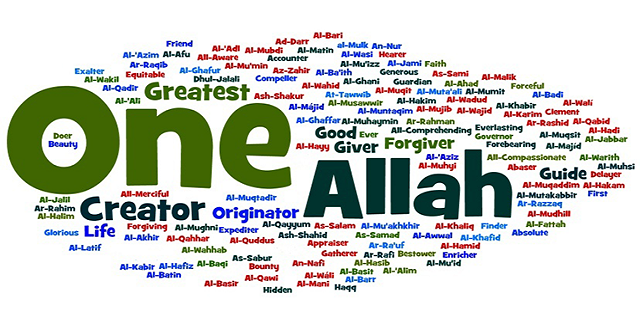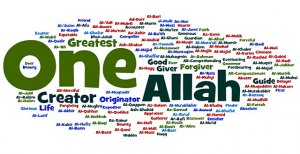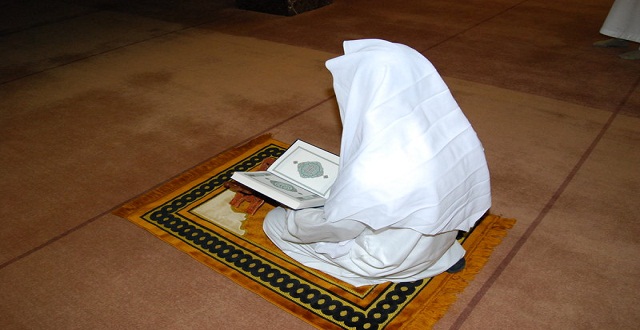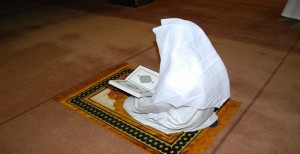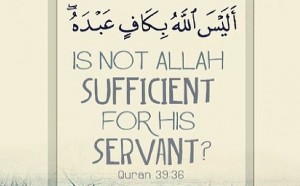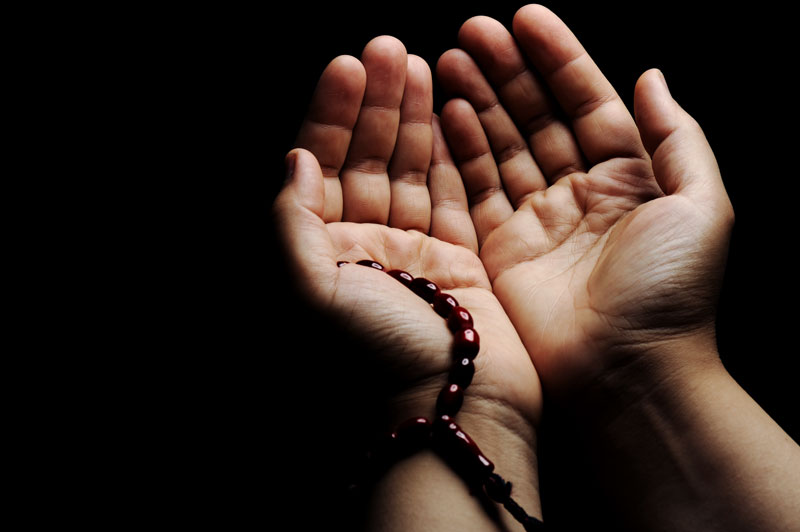What is the manner of washing the face, and ……
Verse number 6 of Suratul Maidah makes a mention of all those things that bring about the purification of man’s soul and hence, a considerable portion of the rulings associated with Wudu, ghusl and tayammum, which bring about purification of the soul, have been explained therein. Initially the believers are addressed and the rulings related to Wudu, are mentioned as follows:
يَا أَيُّهَا الَّذِينَ آمَنُوا إِذَا قُمْـتُمْ إِلـى الصَّلاَةِ فَاغْسِلُوا وُجُوهَكُمْ وَ أَيْدِيَكُمْ إِلـى الْمَرافِقِ وَ امْسَحُوا بِرُؤُسِكُمْ وَ أَرْجُــلَكُمْ إِلـى الْكَعْـبَيْنِ
“O you who believe! When you rise up to prayer, wash your faces and your hands as far as the elbows, and wipe your heads and your feet to the ankles.”
In this verse the portion of the hand that ought to be washed during Wudu has been mentioned, since مَراَفِق is the plural of مِرْفَق – meaning elbow. Since it is possible that when it is said “wash your hands”, it could be thought that they should be washed till the wrists – as this is the measure that is generally washed – the verse, in order to do away with this misconception, specifies ‘as far as the elbows’ (إِلَى الْمَرافِقِ).
From the above explanation it becomes clear that the word إِلـىَ in the verse is only for mentioning the limits of washing and not the manner of washing as some have imagined – having taken the verse to mean: Wash the hands from the tips of the fingers towards the elbows (as is prevalent amongst a group from amongst the Ahlus Sunnah).
The above issue is similar to the case when a person instructs a worker to paint the walls of a room from the floor up to a height of one meter. It is plainly evident that it is not intended that the wall should be painted from the bottom towards the top – rather, it means that this is the portion that has to be painted – neither more nor less.
Hence, only the extent that needs to be necessarily washed has been mentioned in the verse; however, as far as the manner of washing is concerned, it has been mentioned in the traditions of the Noble Prophet (s.a.w) that have reached us by means of the Ahlul Bayt G, and it is to wash the hands from the elbows towards the fingertips.
The letter (ب), which is found in the word (بِرُؤُسِكُمْ) – according to the explicit statements of some of the traditions and clear opinions of some of the lexicographers – is used to denote ‘a part’ (or portion) – as such the meaning conveyed by the verse is: ‘Wipe a portion of your heads’ which, in our traditions, has been delineated as the anterior one-fourth region of the head and this one-fourth portion ought to be wiped with the hand, however small be the measure of wiping.
It follows that the practice which is prevalent amongst some of the Sunni groups, who wipe their entire heads and even their ears, is inconsistent with the meaning conveyed by the verse.
The word أَرْجُلَكُمْ being located next to بِرُؤُسِكُمْ is a testimony to the fact that the legs should also be wiped and not washed. (And if we observe that during recitation, أَرْجُلَكُمْ is recited such that (ل) possesses the fathah (the vowel point for ‘a’), this is due to it being superimposed upon the place of بِرُؤُسِكُمْ and not on the word وُجُوهَكُمْ .






